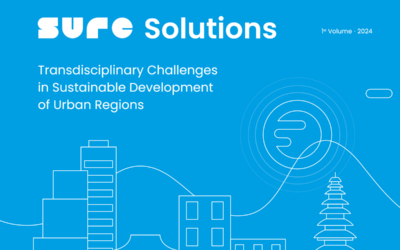The DKKV is…
German Committee for Disaster Reduction e.V. (ger.: Deutsches Komitee Katastrophenvorsorge e.V.)
Newsblog
First Volume of SURE Solutions Publication Series Released
The first volume of the SURE Solutions publication series, funded by the German Ministry of Education and Research (BMBF), is now available for free download. Titled "Transdisciplinary Challenges in Sustainable Development of Urban Regions," it features 25...
Copy of the ‘Fire Service Yearbook Civil-Military Cooperation’ for the DKKV
We are delighted to announce that the DKKV has received a copy of the Fire Service Yearbook 2024! The yearbook offers exciting insights into the latest developments and impressive deployments from the firefighting world. It is a valuable resource for anyone interested...
Highlights from the INCREASE Project Meeting in Würzburg
The recent INCREASE Project Meeting held in Würzburg on November 25-26, 2024, brought together project partners from various institutions to discuss advancements and challenges in integrated disaster risk management (IDRM). Hosted by the University of Würzburg, the...
Winners of the Federal Ecodesign Award 2024 have been announced!
The Federal Ecodesign Award 2024 honoured ten outstanding innovations in the areas of material savings and recycling processes. Over 400 submissions were assessed. Particular emphasis was placed on the theme of ‘timeless design’, which impresses with its simplicity,...
Follow us
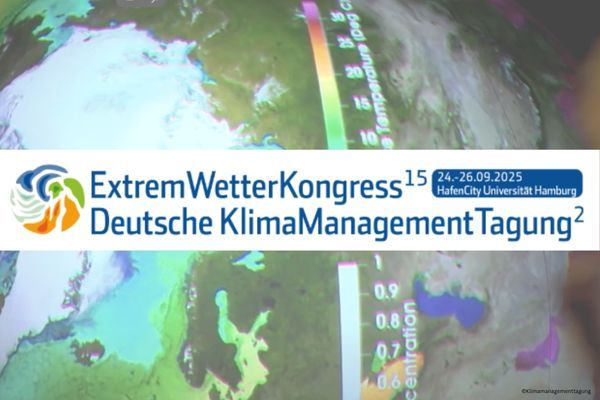
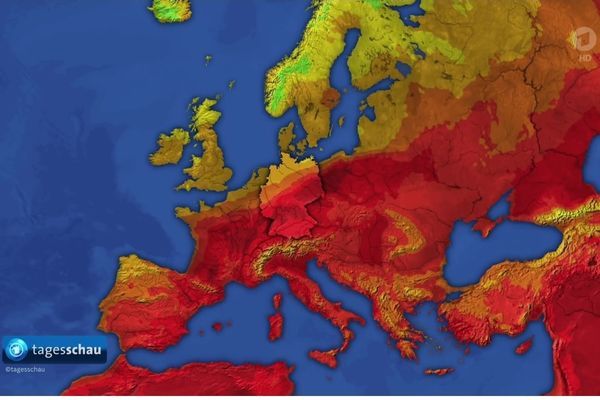
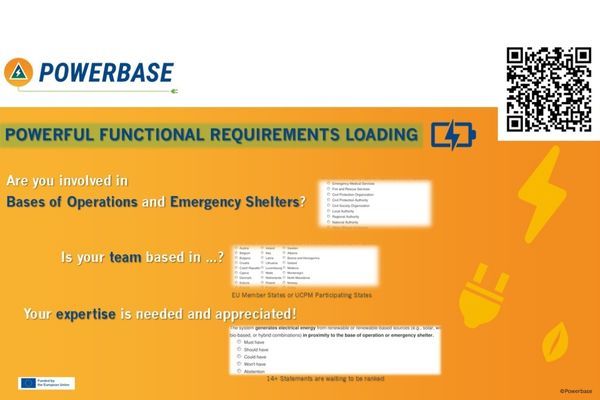
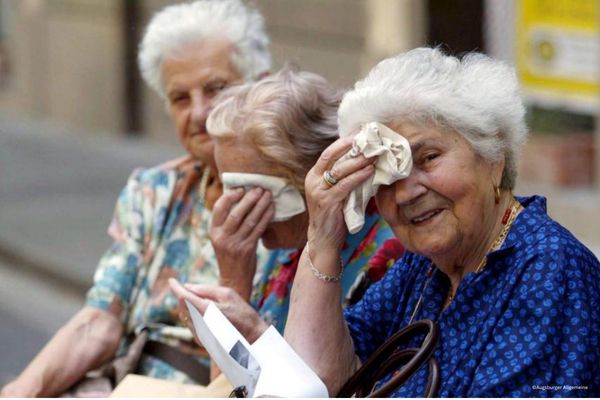
What is disaster risk reduction?
Storms, natural hazards and extreme events can quickly become a danger to people and the environment. But climate change, extreme urbanization, power outages and fires also offer potential hazards.
A disaster occurs when the functioning of a community or society is impaired or interrupted and, as a result, high human, material, economic and ecological losses occur that cannot be managed alone.
Precautionary measures can help to reduce the consequences and impact of the disaster. Depending on the hazard and personal circumstances, the precautionary measures to be taken may vary.
Find out more about potential hazards and individual precautionary measures on our topic pages.


